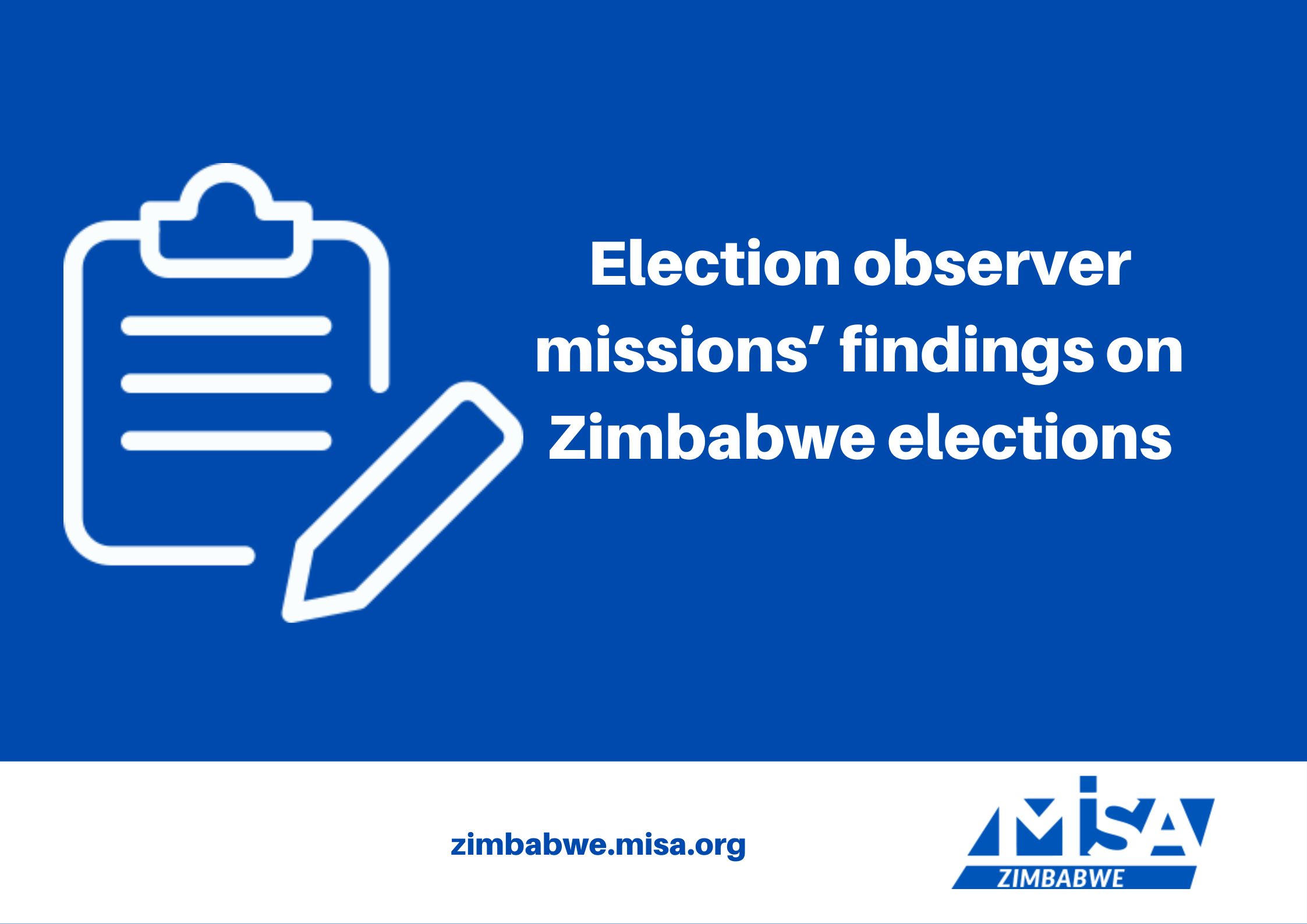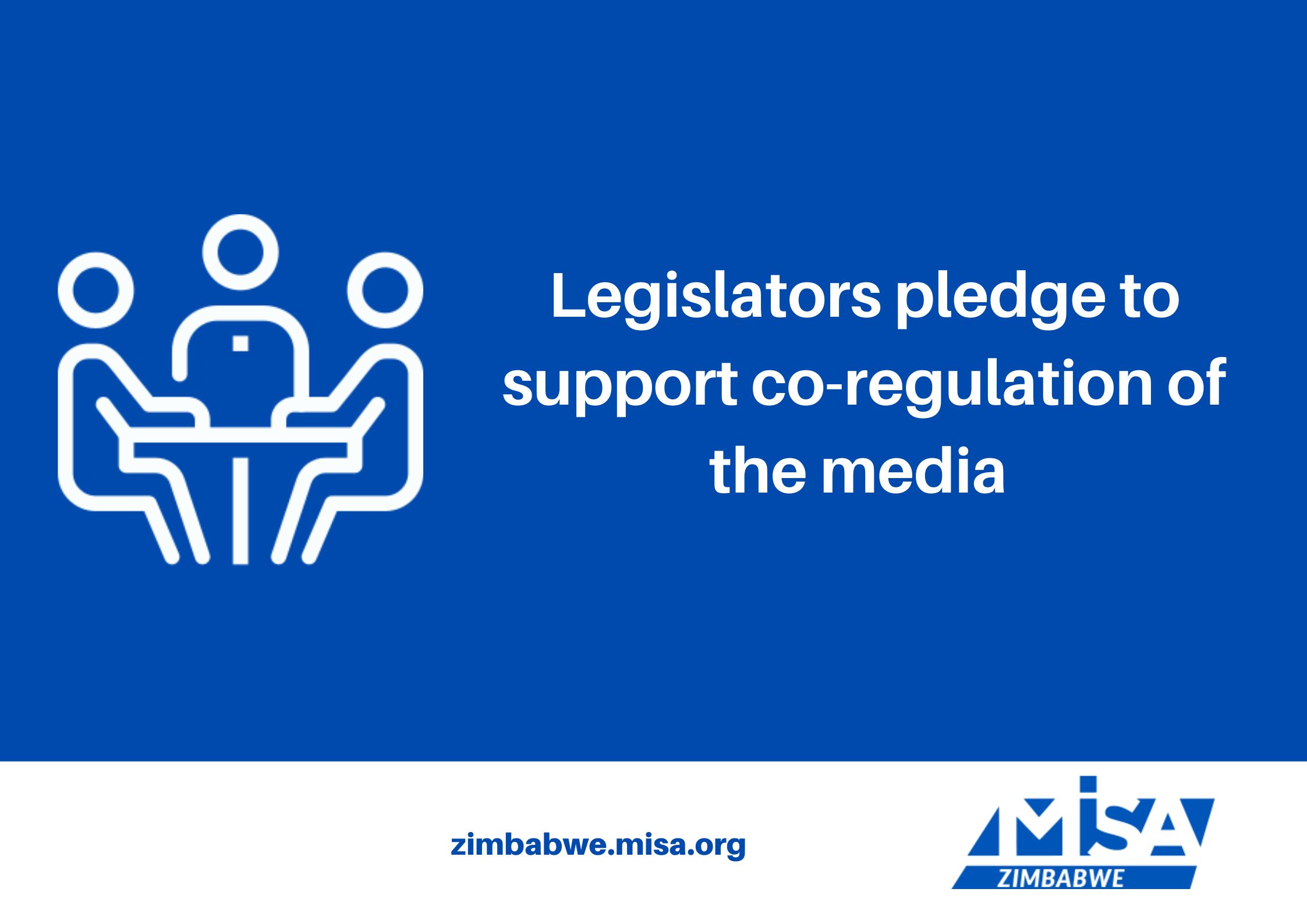In a preliminary statement released in Harare on 25 August 2023, the SADC Electoral Observation Mission (SEOM) noted that some aspects of Zimbabwe’s 2023 elections fell short of the requirements of the Constitution of Zimbabwe, the Electoral Act, and the SADC Principles and Guidelines Governing Democratic Elections.
SEOM noted that the country was generally calm and peaceful during the pre-election and voting period.
It, however, said there were areas that needed to be improved pertaining to, among others, access to the voters’ roll, nomination fees and state-owned media coverage.
The Mission, among others, highlighted the following areas that can be improved:
- Access to the voters’ roll: In order to improve perceptions amongst the public, political parties and candidates, ZEC (Zimbabwe Electoral Commission) is advised to strictly follow the provisions of the Constitution on transparency, access to information, and timeously avail the voters roll in accordance with the stipulations under the Electoral Act.
- State-owned media coverage: The relevant media regulatory authorities are urged to ensure the implementation of measures that require impartiality in the coverage of political events by State-owned media.
While there had been some improvement compared to the 2018 elections, SEOM said the content of the public broadcaster (ZBC) and state-owned newspapers was in favour of one political party.
This was contrary to the relevant provisions of the Constitution, the Electoral Act, and the Revised SADC Principles and Guidelines Governing Democratic Elections, which requires State-owned media to be impartial.
It further noted that the Patriotic Act is “incompatible” with Section 61 of the Constitution and the SADC Principle and Guidelines, which requires member states to uphold, among others, freedom of expression.
This was also echoed by the African Union (AU) and the Common Market for Eastern and Southern Africa Election Observation Mission. The Mission said it had noted the concerns expressed by civil society organisations on the “far reaching implications” of the Patriotic Act in reducing the democratic space so far gained.
The AU and COMESA observer mission said the elections came at a time of “renewed interest” on Zimbabwe with a number of foreign organisations and countries making efforts to re-engage the country, and further noted that:
“The context is also characterised by socio-political tensions around the enactment of the Criminal Law Codification and Reform Act (Patriotic Act) and the Private Voluntary Organisations Amendment Bill, which is awaiting presidential assent.”
All the Observation Missions to the 2023 harmonised elections noted that the “patriotic provisions” as per the amendments of the Criminal Law (Codification and Reforms) Act impact freedom of expression negatively.
The Electoral Commissions Forum of SADC Countries (ECF) and the Commonwealth Observer Group (COG) highlighted the issue of dual accreditation of the media, which impedes the media’s capacity to cover the election. This hinders the citizen’s capacity to make informed choices.
The EU Election Observation Mission (EU EOM) said while most of the media legal framework is in line with the Constitution, media analysis showed that ZBC devoted over two-thirds of news and current affairs coverage to Zanu PF, President Emmerson Mnangagwa, and the government.
The Mission, however, said Zimpapers provided more diverse coverage on their TV and radio channels but that the Citizens Coalition for Change (CCC) was given “notably less print space” in its newspapers, of which more than half of the articles were negative.
“Zimpapers radios had more praise for the ruling party and president but remained largely neutral on Mr (Nelson) Chamisa and the CCC.”
Private media groups Alpha Media Holdings and Associated Newspapers of Zimbabwe provided a more “egalitarian” spread of coverage between the main contestants in their print publications.
“ANZ publications provided more praise than criticism to most contestants in the elections. 3KTV coverage of the president and Zanu PF was overwhelmingly positive, while the CCC was covered in a largely neutral manner,” reads the EU EOM preliminary statement.
On digital communication and social media, the Mission said while the Constitution guarantees freedom of expression and access to information and privacy, laws targeting free speech instilled fear and resulted in self-censorship by online users.
The Mission also noted that several credible institutions reported that the internet had been throttled on the eve of the general election through significant downgrades, which affected four internet service providers.
It said the Cyber and Data Protection Act criminalises the publication of false data intending to cause harm.












